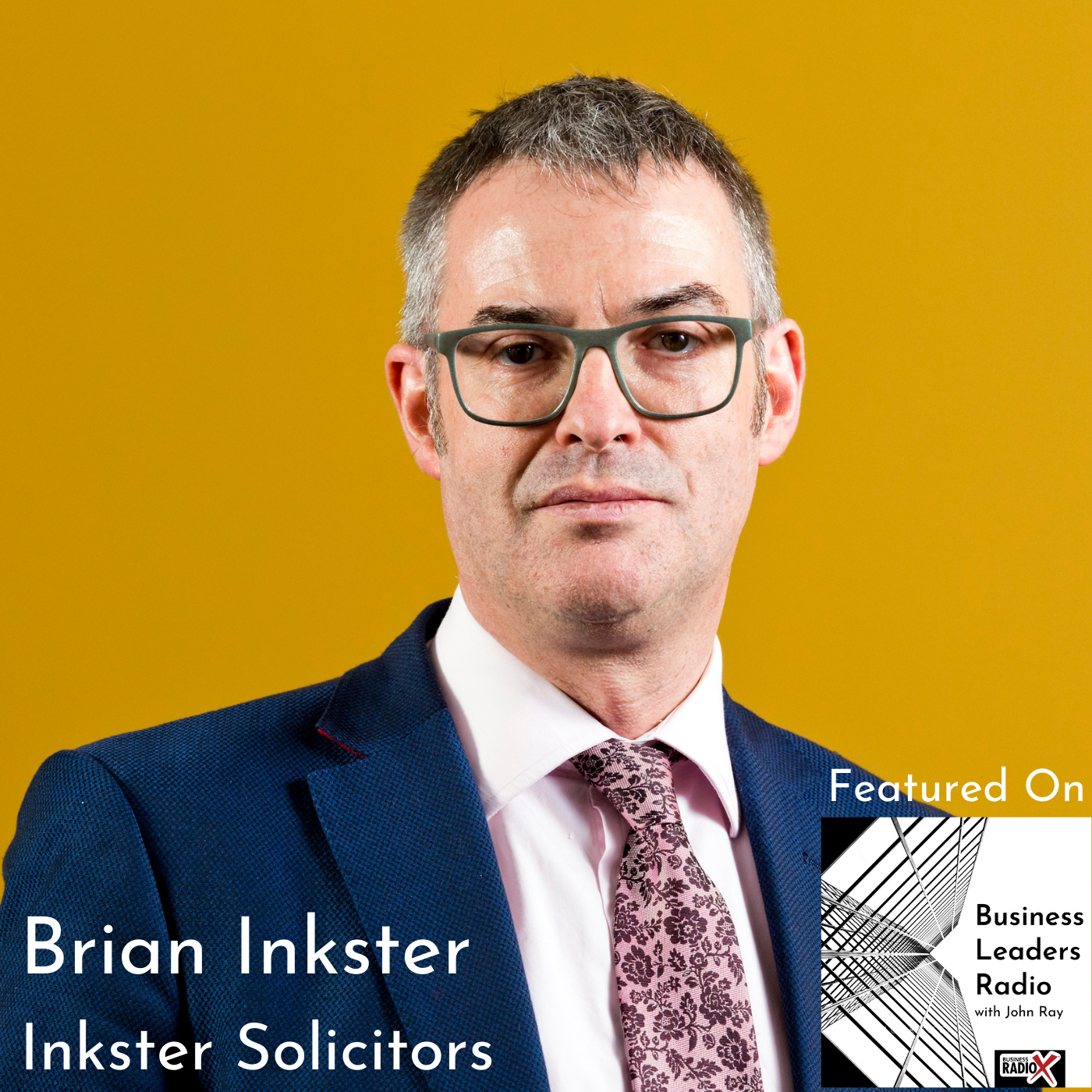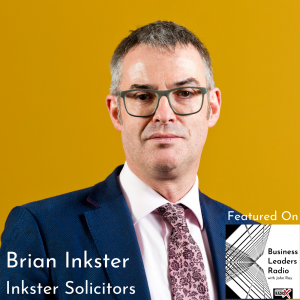

The Ethical Dilemma of Using the Clubhouse App, with Brian Inkster, Inkster Solicitors
Brian Inkster: [00:00:00] I mean, I can’t comment on the loss of North America, the United States, or Canada, or other countries in the world, for that matter, but my understanding is that maybe privacy laws are a little bit stricter in Europe than they are in North America. Whether that’s the case or not, I do not know, but certainly we’ve got the GDP and other laws that regulate how you can share and give out information that relate to other people. And I would have thought that immediately sharing your address book and all the contact details with Clubhouse would probably be immediately a breach of European rules.
Brian Inkster: [00:00:51] Who’s then responsible for that? If you’ve breached a law, is it Clubhouse that’s breached that law, or if you done it as an individual? Interestingly — I mean, obviously, Clubhouse has encouraged you to do that, and maybe made you do it almost inadvertently, because I think a lot of people will click on the button that results in sharing that address without really fully realizing that they’ve just done that.
Brian Inkster: [00:01:17] And there’s an indemnity clause in the terms and conditions where Clubhouse says that you indemnify Clubhouse against anything you might do. And if you read that full clause, the import of that would effectively be arguably that if Clubhouse have breached a privacy law, effectively, you’re indemnifying them. So, you, as a user, are taking on the responsibility for that privacy breach, even though it was maybe one that was encouraged by Clubhouse and when Clubhouse has all that information, rather as you having it. Otherwise, you already had it, but you’ve given it to Clubhouse. And effectively, by giving it to Clubhouse, other people within Clubhouse are seeing some of that information.
Brian Inkster, CEO, Inksters Solicitors
Brian Inkster is the founder and CEO of the Scottish law firm Inksters Solicitors. Brian obtained the distinction of being named Solicitor of the Year at the Law Awards of Scotland in 2006. He was called “a one-man Scottish legal institution” in the Recommended Law Firm Guide 2010. At the Law Awards of Scotland in 2014 he was recognised as Managing Partner of the Year.
Brian is actively expanding Inksters’ reach throughout Scotland with the aim to make his firm a pre-eminent force in the Scottish legal market. Technology is an important part of this drive with Inksters being completely cloud-based and having a Legal Process Engineer to make the firm a very process-oriented one. However, Brian is a legal realist who knows the limitations and actual usefulness of technology. He expresses his views in this regard on his blog about the past, present and future practice of law called The Time Blawg.
Company website | LinkedIn | Twitter
Listen to Brian’s full Business Leaders Radio interview here.
The “One Minute Interview” series is produced by John Ray and in the North Fulton studio of Business RadioX® in Alpharetta. You can find the full archive of shows by following this link.
Renasant Bank has humble roots, starting in 1904 as a $100,000 bank in a Lee County, Mississippi, bakery. Since then, Renasant has grown to become one of the Southeast’s strongest financial institutions with over $13 billion in assets and more than 190 banking, lending, wealth management and financial services offices in Mississippi, Alabama, Tennessee, Georgia and Florida. All of Renasant’s success stems from each of their banker’s commitment to investing in their communities as a way of better understanding the people they serve. At Renasant Bank, they understand you because they work and live alongside you every day.















